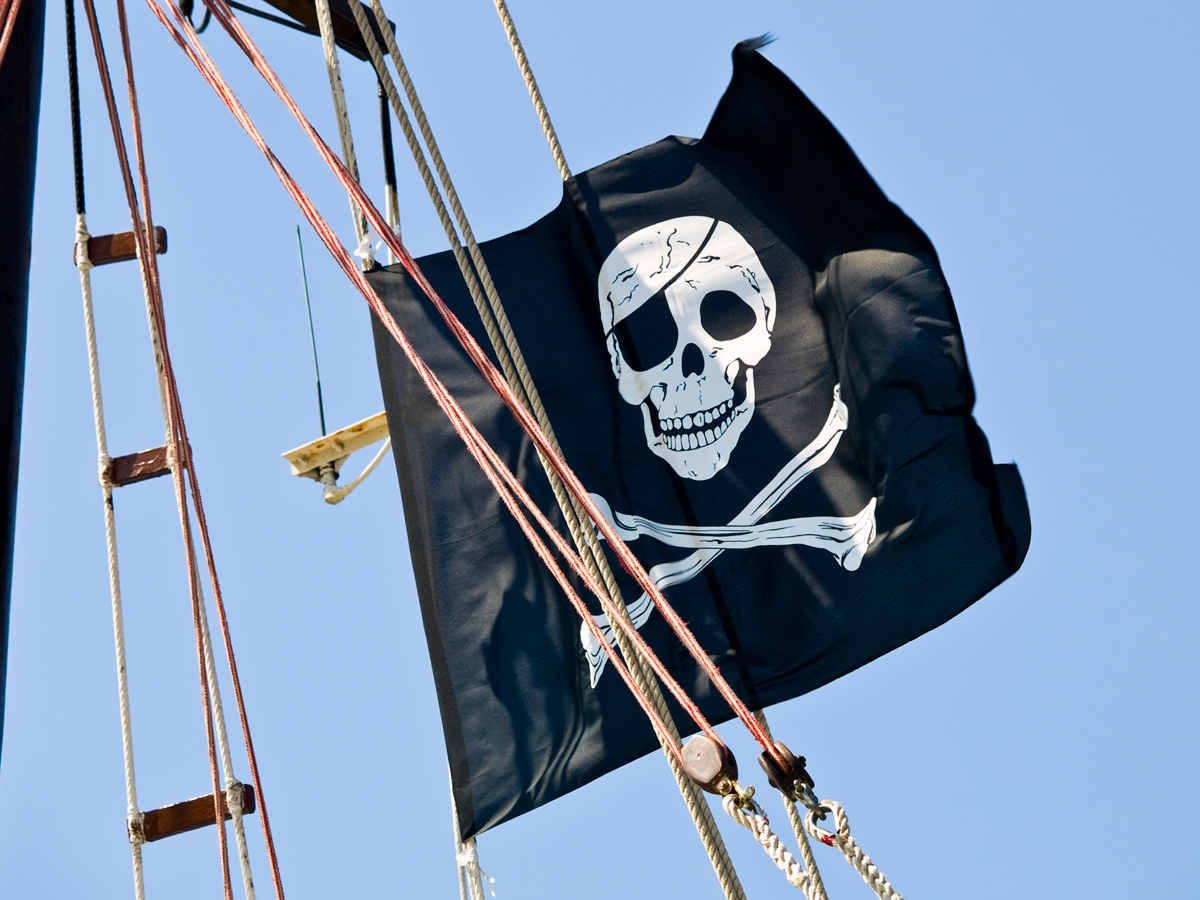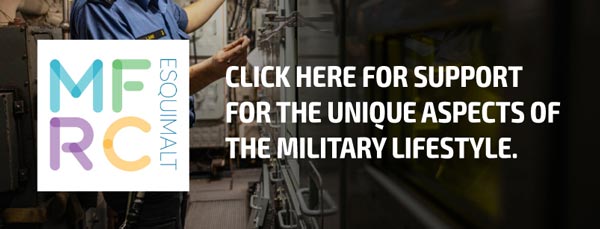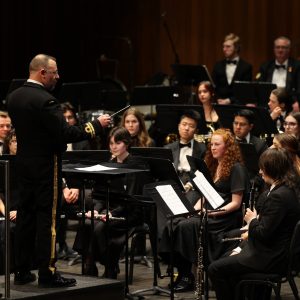Roger is a voice communications proword which means ‘received and understood’, i.e., “The formation will transit Haro Strait at 0900”. Reply: “Roger”. Proword is short for procedures words and describes the specific words and phrases used in radiotelephone communications.
Roger being as commonplace as it is today, it is strange how most people have yet to learn the derivation of the term. One explanation of its origin is a tidy piece of folklore which states ROGER is an acronym meaning ‘Received Order Given Expect Results’. Alternatively, there is a more logical explanation of how Roger began to be used in the 1940s when the name ‘Roger’ was the ‘spelling alphabet’ equivalent for ‘R’, the first letter in the word ‘received’.
Roger is a commonly used proword that leaks from the voice communications world to a sailor’s everyday jargon, i.e., “Bloggins, will you pass me the navy gravy?” Bloggins: “Roger”.
In voice communications, Roger is often combined with the prowords over or out, such as ‘Roger over’ or ‘Roger out’. Over is used when a reply is expected. Out is used when no response is expected or required. The phrase ‘over and out’ is something you may hear in popular culture, but it is never used in actual practice.
Other common prowords are Wilco, which means, ‘I understand and will comply’; Say again, used to request a message be repeated; and Correction, which means, “I made an error in this transmission. Transmission will continue with the last word correctly sent”.
While Roger is a method of verbal acknowledgement, the correct way to respond to an order given by a superior is Aye Aye, which means, “I understand the command and hasten to comply with the order”. While the word Aye is derived from the Olde English ‘ay’, which means ‘ever’, it is thought Aye Aye was a derivative of the British words Yea Yea, and a quick-talking Cockney accent changed the Yea Yea to Y-eye Y-eye. If said fast, you will hear “Aye Aye”.
Made famous in pirate movies, ‘Arr’ means ‘Yes’, which was likely derived from ‘Aye’. Whether pirates used ‘arr’ is a matter of debate. Of course, there are no audio records of those that sailed under the Jolly Roger.
Incidentally, Jolly Roger is the traditional name for a flag flown to identify a pirate ship, commonly consisting of a skull and crossbones on a black field. Usage of this flag began in the 1700s by pirates Black Sam Bellamy, Edward England and John Taylor. The title Jolly Roger is thought to be derived from the French phrase ‘joli rouge’, meaning ‘pretty red’, and used about a red flag used initially by French privateers. The colour red was used to reference violence once associated with bloodshed and pirate activities.
You will find over 4,000 examples of Jackspeak in my book Jackspeak of the Royal Canadian Navy (2nd ed.).
The author of ‘Jackspeak of the Royal Canadian Navy’ and ‘Whiskey 601’, Mark Nelson developed a love of the Navy’s language and lifestyle over his 26-year career in the service. After retiring as a Chief Petty Officer Second Class, he now works as a Library Systems Specialist at Red River College Polytechnic in Winnipeg, Man.
Follow Mark on Twitter @4marknelson













